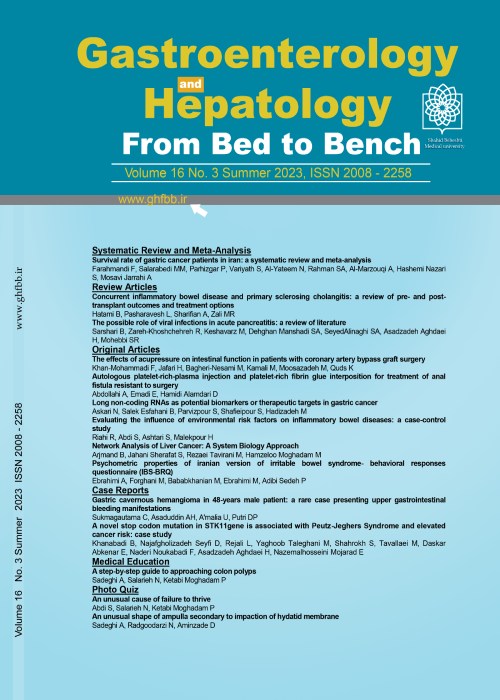Reform in medical education
Author(s):
Abstract:
There is a worldwide concern about the existing curricula of Medical Education (ME) and its effectiveness in producing capable graduates. The current wonder is about the outcome of medical schools conducting their educational programs based on such curricula and whether they are competent enough to meet today''s health problems and disease control. Knowledge, skills and attitude of the graduates compose the extent of their competence as physicians are the elements to be considered in the development of medical curriculum. Despite the fact that these essential elements of education are well realized by most academicians for almost a century, today the numbers of institutions that have incorporated these elements in their curriculum development are not very many.The majority of medical schools worldwide still lack a well defined "Reform" in their medical education curricula that can cover the abovementioned domains of effective medical education.Quite number of national, regional and international congregations emphasiz(ing)ed a serious action to be taken on the issue of "Reform" in ME. According to the currently available theories in education and effective learning the outcome of the educational process should posse two essential characteristics namely: "LONG LIFE" and "LIFE LONG" knowledge. The Quality Assurance (QA) of the learning process demands planners and designers of Educational Programs (EPs) to mastery the knowledge of education and to be more familiar with the elements that make the learners firmly informed, skilled enough and confident to make the right decisions. Learner centered EPs provide the opportunity for paced thinking strategies that help the learner to develop thinking skills hence better conceptualization of the learning issue(s). Innovative approaches in ME like Organ Based (OB) or Clinical Presentation (CP) curricula are among methods utilized in the "Reform" practice. These new approaches rely heavily on the "Horizontal" and "Vertical" integration of basic and clinical contents of the EP. Add to these issues the emphasis on the "Social Accountability" of medical schools and the way this is translated into practical and cognitive contexts.The latter will add to the quality of the graduate physicians as major players in the society''s health status and promotion.It should be emphasized that reform in ME is a necessity today yet the same time a task that demands heavy efforts. An outcome based ME program and curriculum requires the gathering of large number of staff in both basic medical and clinical sciences who should be well informed in the theories of effective learning and education in order to compose a curriculum that can produce physicians who are well equipped with medical knowledge and at the same time have promotional impact on individual and society''s health.
Language:
English
Published:
Gastroenterology and Hepatology From Bed to Bench Journal, Volume:3 Issue: 2, Spring 2010
Page:
49
magiran.com/p725293
دانلود و مطالعه متن این مقاله با یکی از روشهای زیر امکان پذیر است:
اشتراک شخصی
با عضویت و پرداخت آنلاین حق اشتراک یکساله به مبلغ 1,390,000ريال میتوانید 70 عنوان مطلب دانلود کنید!
اشتراک سازمانی
به کتابخانه دانشگاه یا محل کار خود پیشنهاد کنید تا اشتراک سازمانی این پایگاه را برای دسترسی نامحدود همه کاربران به متن مطالب تهیه نمایند!
توجه!
- حق عضویت دریافتی صرف حمایت از نشریات عضو و نگهداری، تکمیل و توسعه مگیران میشود.
- پرداخت حق اشتراک و دانلود مقالات اجازه بازنشر آن در سایر رسانههای چاپی و دیجیتال را به کاربر نمیدهد.
In order to view content subscription is required
Personal subscription
Subscribe magiran.com for 70 € euros via PayPal and download 70 articles during a year.
Organization subscription
Please contact us to subscribe your university or library for unlimited access!


